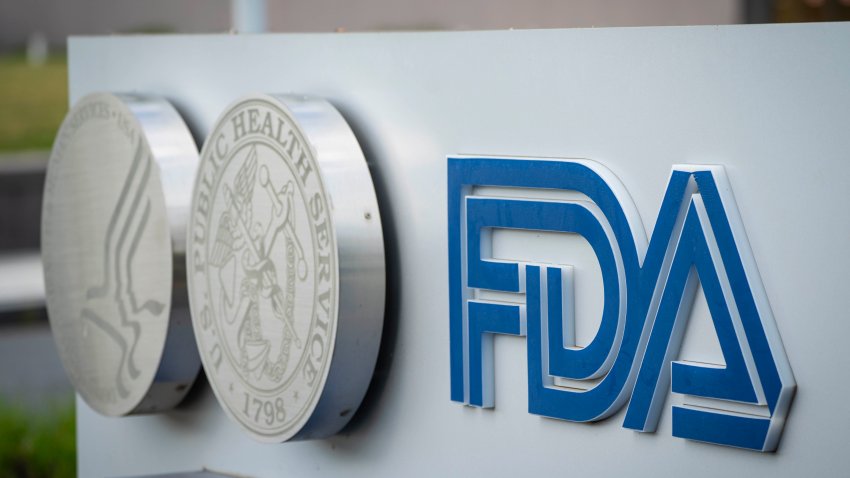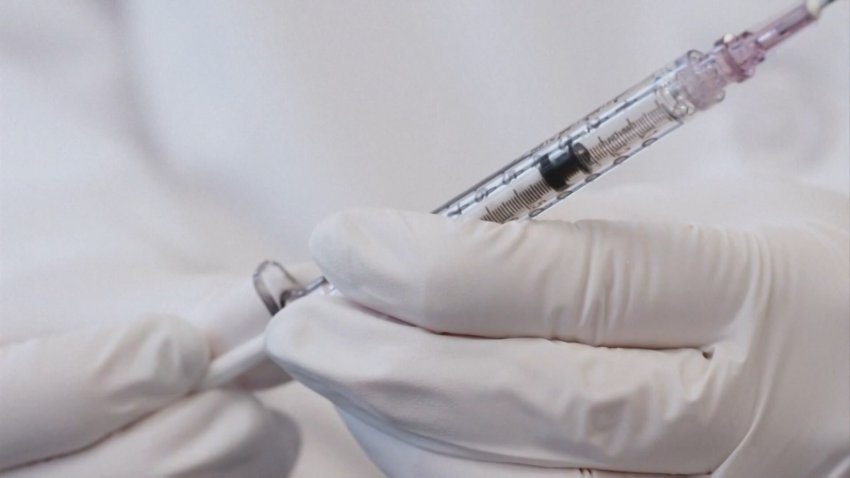
A pill developed by GSK was found to be safe and effective in treating gonorrhea in a late-stage clinical trial, according to a study published Monday in The Lancet. If approved, it would become the first new class of antibiotic for the sexually transmitted infection in more than two decades.
The pill, called gepotidacin, was approved by the Food and Drug Administration in March to treat uncomplicated urinary tract infections in women and girls 12 and up — the most common type of infection in women. The drug is sold under the name Blujepa.
Stream Connecticut News for free, 24/7, wherever you are.
A new treatment option is important, experts say, because bacteria that commonly cause STIs are increasingly becoming resistant to the standard antibiotics, making treatment more difficult.
There are an estimated 82 million new cases of gonorrhea globally each year, according to GSK. In the United States, rates of reported gonorrhea have increased 118% from 2009 to 2021, with more than 640,000 cases being reported to the Centers for Disease Control and Prevention in 2022.
Get top local Connecticut stories delivered to you every morning with the News Headlines newsletter.

Gonorrhea has developed resistance to nearly all the antibiotics used for its treatment, according to the CDC.
If left untreated, gonorrhea can lead to serious health complications, including swollen and painful joints, liver inflammation, and heart and brain damage. It can also increase the risk of infertility in women.
Gepotidacin is part of a new class of antibiotics called triazaacenaphthylenes, which work by targeting two key enzymes that gonorrhea needs to copy itself and survive.
In a Phase 3 clinical trial of more than 600 adults and teens, gepotidacin was shown to successfully treat about 92% of patients when taken twice daily, compared with about 91% in a group of patients who got a standard treatment.
The most common side effect was gastrointestinal issues, with almost all reported being “mild or moderate.”
Crucially, the study authors wrote, the pill was effective against strains of gonorrhea bacteria that are resistant to existing antibiotics.
Dr. Sovrin Shah, an associate professor of urology at Mount Sinai Hospital in New York who was not involved in the study, called the GSK pill “a welcome addition.”

“Antibiotic-resistant gonorrhea is a public health concern,” Shah said. “The rate of STIs is significant in the U.S.”
David Harvey, executive director of the National Coalition of STD Directors, said “we desperately need effective cures to combat gonorrhea,” but noted that widespread job cuts at the federal health agencies, including to a lab that tracked STIs, could make it challenging.
“The recent closure of the CDC’s key STI lab — which helps us understand which antibiotics are still effective and when we need to engage new drugs like this — poses a significant new obstacle,” Harvey said.
A spokesperson for GSK said the company plans to file approval with the FDA “in the coming months” with a regulatory decision expected in the second half of the year.
More health coverage:
The company said it's seeking approval for gepotidacin as an alternative to first-line therapy when such treatment is inappropriate — such as when the patient is intolerant to the existing treatment or unwilling to use it.
In an editorial that accompanied the study, Magnus Unemo, director of the World Health Organization’s division that oversees gonorrhea, said GSK’s pill is “promising,” but added that challenges to keep gonorrhea as a treatable infection will continue.
Unemo also stressed improved prevention, including the promotion of safe sex and condom use, early diagnosis and surveillance.
This story first appeared at NBCNews.com. More from NBC News:




